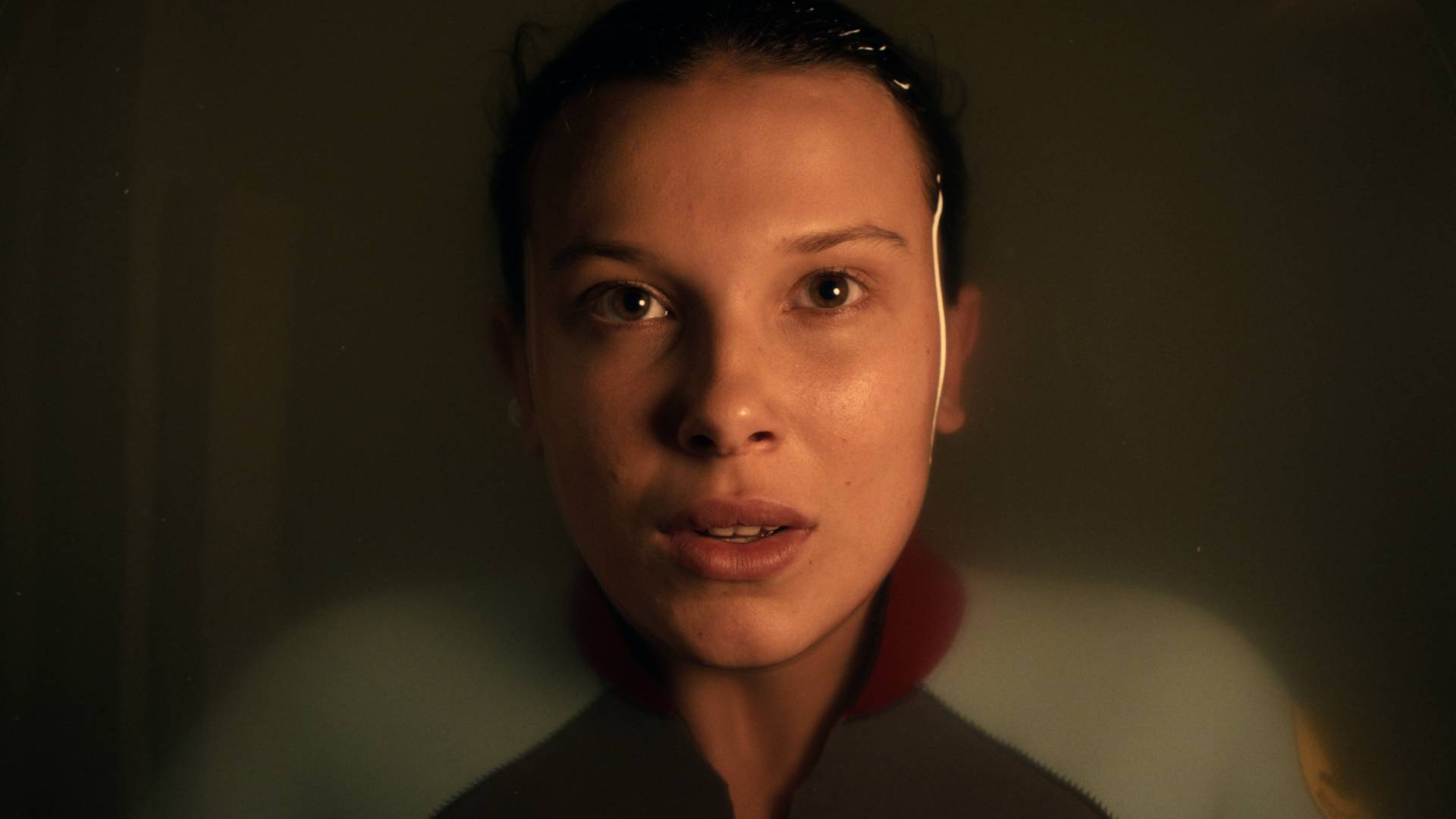Why you can trust GamesRadar+
Spike Lee's latest film combines the rich detail of Do The Right Thing with the stylistic bravado of Scorsese's GoodFellas. Summer Of Sam marks a departure for the iconoclastic director in that it's his first movie not to address specifically African-American characters and issues. However, while the film is audacious in scale, frenzied in pace and impressively performed by a talented ensemble cast, you can't help thinking that the relatives of David Berkowitz's victims had a point when they accused Lee of sensationalising their loved ones' deaths.
The director's flashy, hyperkinetic camerawork is ideally suited to the excess and intensity of the period, particularly in the sequence when Vinny and Dionna strut their stuff at Studio 54. Yet it's less appropriate when applied to Berkowitz's slayings, here recreated with a bloody gratuitousness that borders on the exploitative. The naturalistic attempts to capture the fads, fashions and mood of the time also clash with the more surreal depiction of the killer himself (Michael Badalucco), a headcase seen receiving diabolical commands from his dog (voiced by John Turturro).
Leguizamo is a bundle of nervous, manic energy as the pill-popping Vinny, whose Catholic guilt and desire to conform leads him to betray his oldest friend. Sorvino does her best with her rather underwritten role, while stage actors Neuwirth and LuPone shine in support. But the standout is Brody's Mohawk-sporting Ritchie, a confused loner juggling punkish anarchy with his double life as a gay coochie dancer.
What Summer Of Sam needs is some brief spots of tranquillity to let the audience recuperate. Instead, Lee bombards us with eyecatching trickery. The result is certainly a tour de force. But did it really have to be so forceful?
Spike Lee's accomplished direction can't dispel the moral qualms one feels when confronted with his lurid blend of fict and faction. Despite a sizzling performance from Brody, this long hot Summer is less than the sum of its parts.
Bringing all the latest movie news, features, and reviews to your inbox
The Total Film team are made up of the finest minds in all of film journalism. They are: Editor Jane Crowther, Deputy Editor Matt Maytum, Reviews Ed Matthew Leyland, News Editor Jordan Farley, and Online Editor Emily Murray. Expect exclusive news, reviews, features, and more from the team behind the smarter movie magazine.


